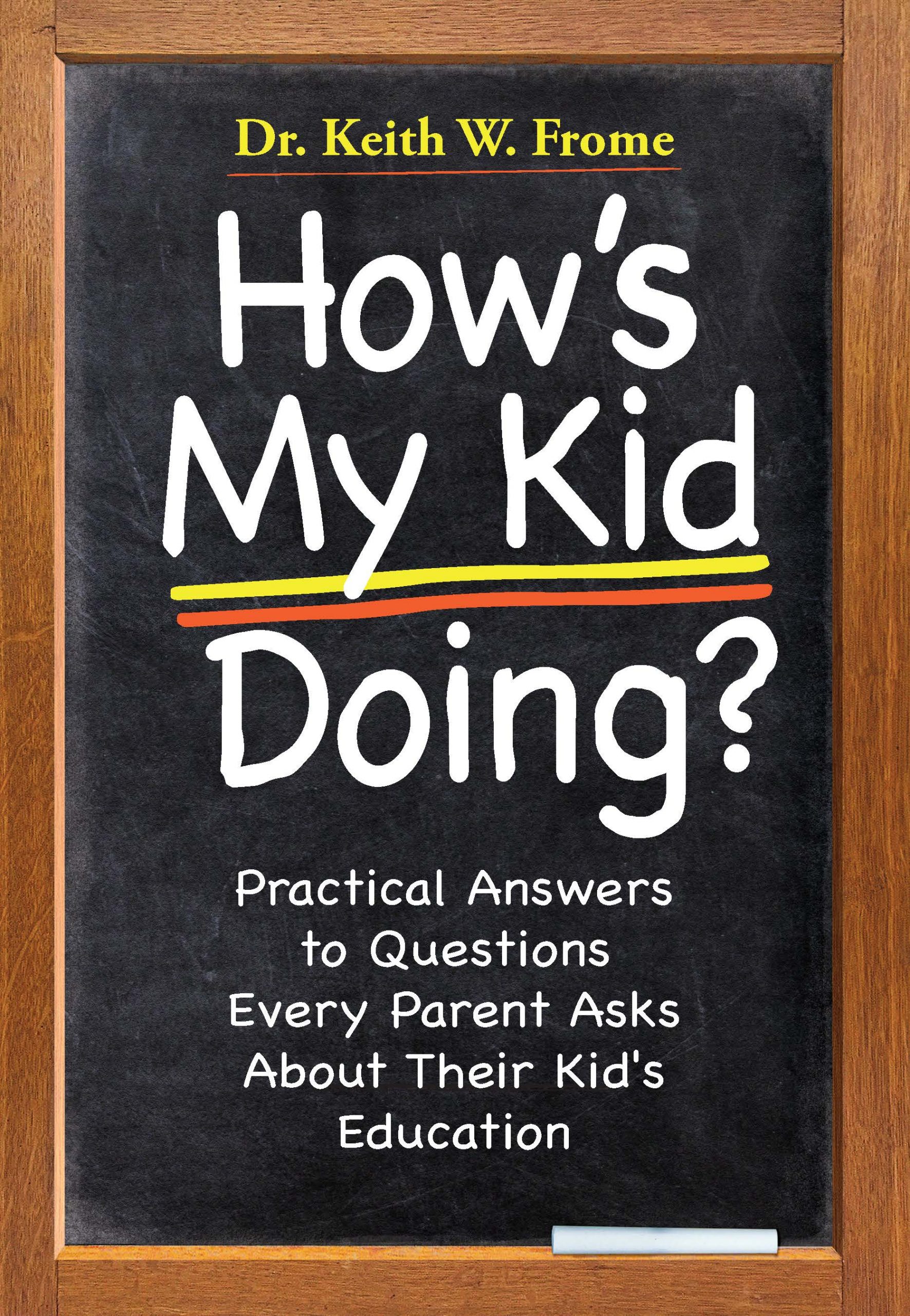- Title: How’s My Kid Doing?
- Subtitle: Practical Answers to Questions Every Parent Asks About Their Kid's Education
- Page Count: 208
- Available Formats: Trade-paper (9780824524241)
- Edition: Trade Paper
- Original language: English
- Retail US: Trade-paper (14.95)
- Retail Canada: Trade-paper (16.95)
- Retail Canada: 16.95

